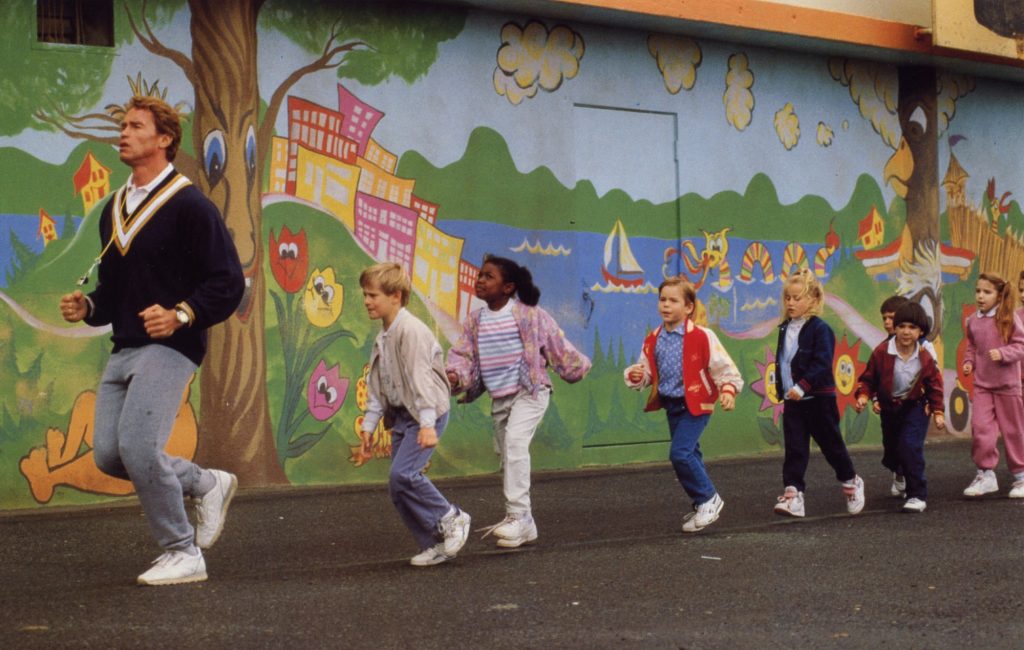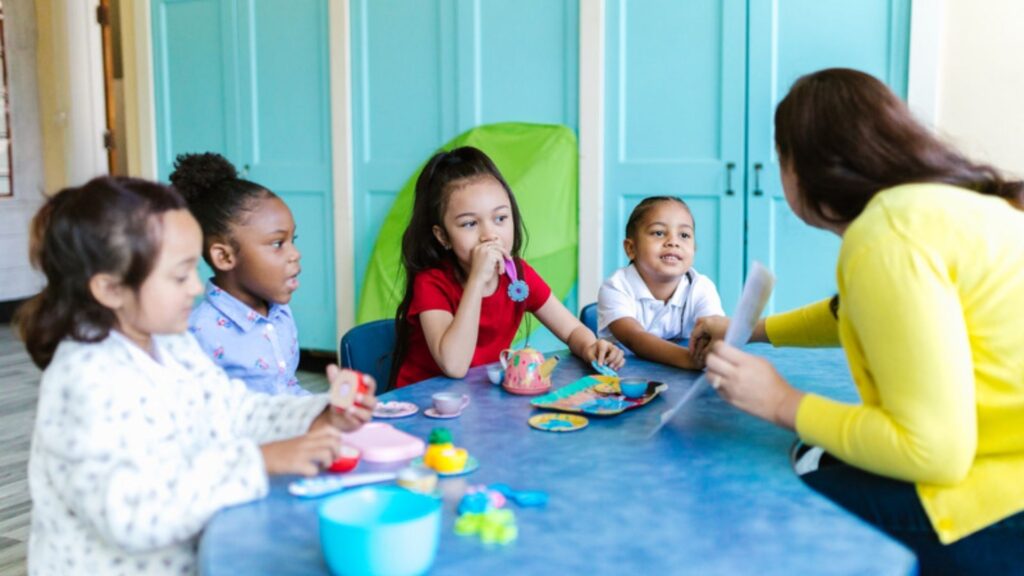Here Are The Best And Worst States For Early Childhood Education
Arkansas, Nebraska, Maryland, D.C., and Rhode Island rank top tier for early childhood education, while Indiana, North Dakota, Missouri, Minnesota, and New Hampshire rank lowest.

A 2022 WalletHub report recently used the advice of six education experts in order to determine which are the best and worst states for early childhood education. Pre-school is not required for children to enter school in later years, and neither is kindergarten in some states. While some studies have shown that placing children into academic settings too young harms their ability to succeed, many parents still choose to send their children to preschool classes. This being so, finding the best young education center is often a top priority for families and the study may intrigue them.
According to the study, the top five states for early childhood education are Arkansas, Nebraska, Maryland, the District of Columbia, and Rhode Island. The five lowest-ranked states were Indiana, North Dakota, Missouri, Minnesota, and New Hampshire. Looking at this may confuse some families, being that Washington D.C. schools have lost nearly 10% of their teaching staff. Although the experts say their preschool and kindergarten programs are on track, the area was caught graduating failing students before the pandemic.
So how did the experts in this report determine which states had the best early childhood education programs? Each one focused on how many students are enrolled in federal Head Start programs, in which states offer free taxpayer-funded pre-school, and how much child care assistance each state offers. While some of these “experts” mentioned their individual focuses on classroom environment, these criteria do not measure preschool and kindergarten success rates, but rather how much state governments control the programs.
After many local and federal lawmakers utilized the COVID-19 pandemic to impose excessive mandates, many parents wish for less government control of community programs. Education is shifting. Homeschooling and education alternatives are gaining more support as students suffer within the public education system. This all starts with early childhood education.
So how do parents know which early childhood education centers are truly working to provide children with the best experience possible? Many state ranking lists do not measure student success rates but government funding and enrollment. This does not offer parents a clear picture of curriculum and teacher credentials.
Thankfully, there are some sites that rank preschools altogether, instead of focusing on state-by-state comparisons. Niche.com and care.com allow families to compare preschools in their area. As students get older, looking up literacy rates and school graduation rates presents a clearer picture of unbiased information regarding which are “the best” schools in the country. Parents looking to enroll their children in early childhood education programs can use this information to plan for the future, but interviewing different schools gives them the ability to decipher which institute is best for their child.

While WalletHub presents its list of the best and worst states for early childhood education as fact, the truth is that they are more focused on government involvement and funding than how students excel. To some that may matter, to others different factors are more important. Regardless, parents can do their own research and utilize various reports to make an educated decision.







